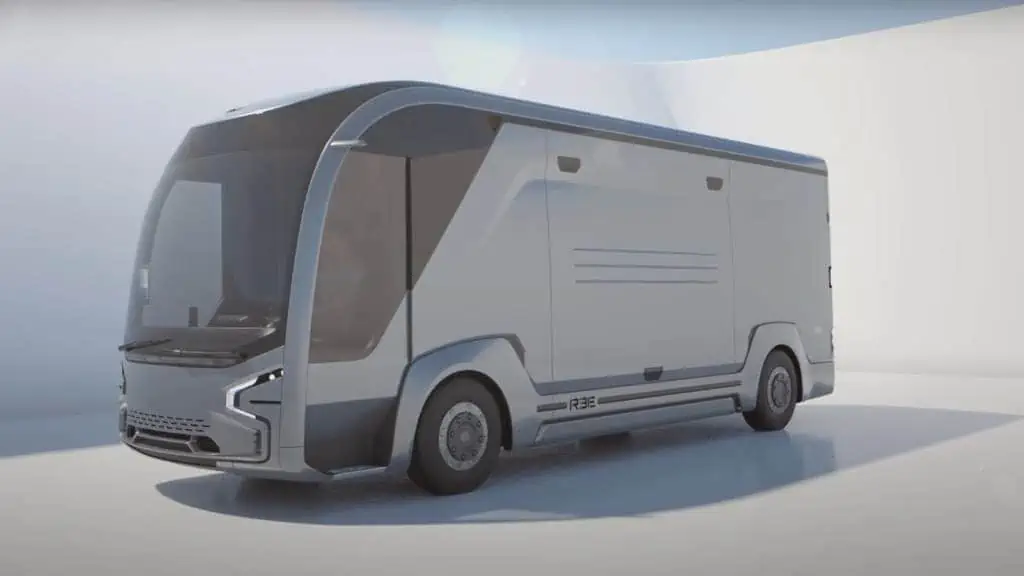BC Hydro, the Canadian electric utility, has erected a new 100-kilowatt charging unit in Quesnel, as reported by Quesnel Cariboo Observer.
“We are working to make it easier for drivers in BC to go electric and use more of BC’s clean, reliable hydroelectricity. This charging location in Quesnel will help make public charging more convenient as a growing number of people in northern British Columbia make the switch to electric vehicles.”
Minister of Energy, Mines and Low-Carbon Innovation, Bruce Ralston
How does the Quesnel charging station progress over time?
Quesnel charging site first became operational in the first month of 2020 in the 2335 Maple Drive parking lot of Extra Foods.
Initially, the location only had one 50-kilowatt charging device, which can add 50 kilometers to the range of a typical electric car in around 10 minutes.
Finally, the company doubled its EV fast charging capacity by launching the 100-kilowatt charging unit on November 21. It has the ability to extend the range of an ordinary electric vehicle by 100 kilometers in the same period as the initial 50-kilowatt charging unit.
It also boasts improved accessibility with the new charger’s newly incorporated curbless structure and lower displays.
“As the primary fuel supplier for electric vehicles, we are building out charging infrastructure to ensure we can accommodate the volume and variety of electric vehicles that will be on BC roads in the coming years. BC Hydro will add 325 charging units to its network at 145 sites within the next five years.”
President and CEO of BC Hydro Chris O’Riley
BC Hydro’s role in promoting clean mobility
BC Hydro aims to aid British Columbia in lessening carbon emissions produced by the transportation sector with its presented Electrification Plan in September.
Essentially, the strategy supports the transition to electric vehicles from gas-powered vehicles.
As of today, 122 charging units are already erected at 80 sites across the province as part of BC Hydro’s rapid charging network initiatives. It is worth noting that Natural Resources Canada and the local government of British Columbia jointly fund the initiative.
British Columbia’s transportation sector is responsible for 40% of greenhouse gas emissions. That said, the launch of such required infrastructure indeed contributes to promoting electric vehicle adoption not only in the city but also in the entire country.






